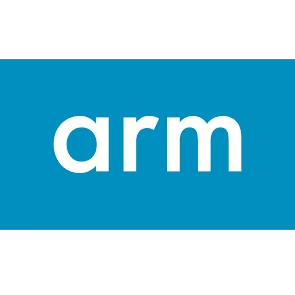Some Open-Source Projects Begin Quickly Working Towards macOS ARM64 Support

While the first MacBooks / Macs with Apple's 64-bit ARM chips won't be shipping to consumers until around the end of the year and Apple is only sending out a limited number of developer systems, some open-source projects have already been making the necessary build system changes and other preparations for 64-bit ARM Mac builds. This work can be started by untangling assumptions in some of these projects that when building for macOS/Darwin means x86_64 and in some cases better modularizing their logic where they support iOS already with similar chips to what will be appearing in these future computers. Changes can also be started around "fat" binaries for supporting macOS builds that support both x86_64 and ARM64/AArch64.
As mentioned last week, Apple began upstreaming some of their ARM / macOS 11 changes to LLVM/Clang with that being the company's default compiler toolchain. Further work to that open-source compiler stack has since been merged, including ARM64 macOS support for Compiler-RT and other recent commits. With LLVM/Clang being the default compiler for macOS and what powers Xcode, Apple will presumably work to get all their necessary support changes upstreamed quickly.
LibreOffice is one of the prominent open-source projects already making steps to support building for macOS with Apple silicon. Apple has also been making OpenJDK changes as another example.
There are also many smaller projects like TextStory and the SameBoy Game Boy emulator also being adapted already for supporting macOS ARM64 builds.
Great to see these and other open-source projects off to a quick start in preparing for macOS ARM64. Even for open-source projects not currently targeting Apple iOS, more open-source software desktop projects generally tend to have better 64-bit ARM support right now than proprietary software thanks to the flourishing Linux ARM64 ecosystem. For the open-source projects not planning on macOS ARM64 support, at least Apple has talked up good Linux virtualization support atop macOS 11.
43 Comments

